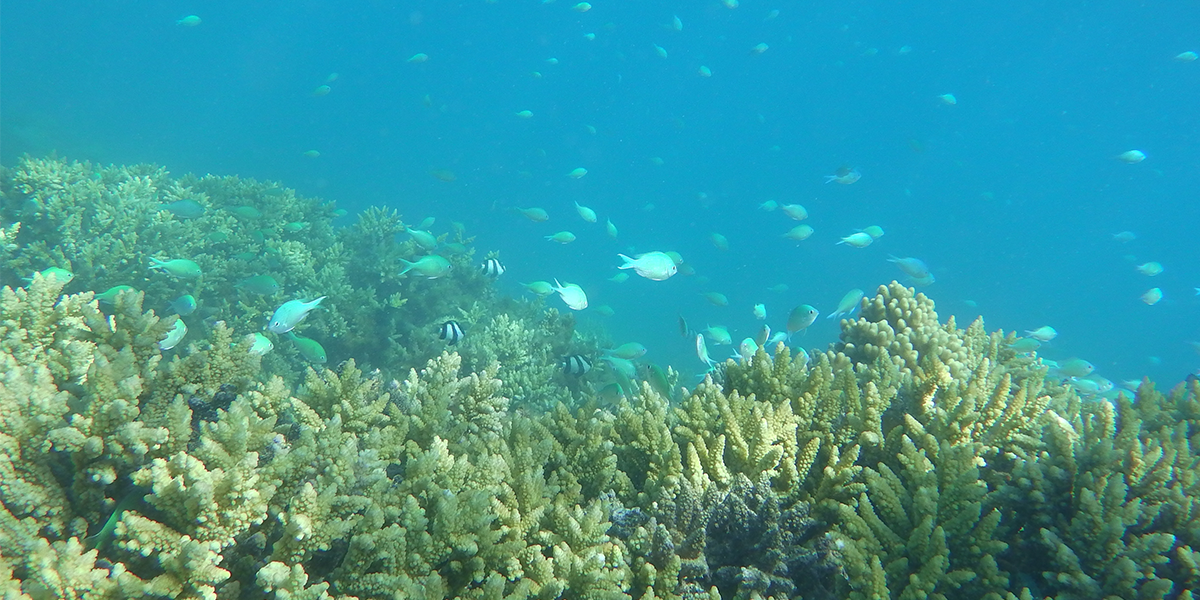Marine carbonate mineral dissolution
Many marine organisms secrete carbonate minerals, and their post-mortem dissolution mitigates climate change and ocean acidification by neutralising excess CO2. Current dissolution models are based on seawater’s saturation state (Ω). However, these models cannot explain a large gap in the biogeochemical alkalinity budget that indicates that dissolution happens where Ω suggests it cannot. Furthermore, recent experiments show that aspects of seawater composition not captured by Ω have an unsuspected influence on dissolution. This project will progress ‘beyond Ω’ by determining how these aspects affect dissolution in the ocean, with implications for the carbon cycle and Earth’s resilience to rising CO2.
|
|
|
BEYΩND will put the latest theoretical and lab-based findings about carbonate mineral dissolution into the real-world context of the ocean. |
| Matthew Humphreys, Mariëtte Wolthers |

Project Team


Connected themes
- Our Future Ocean
